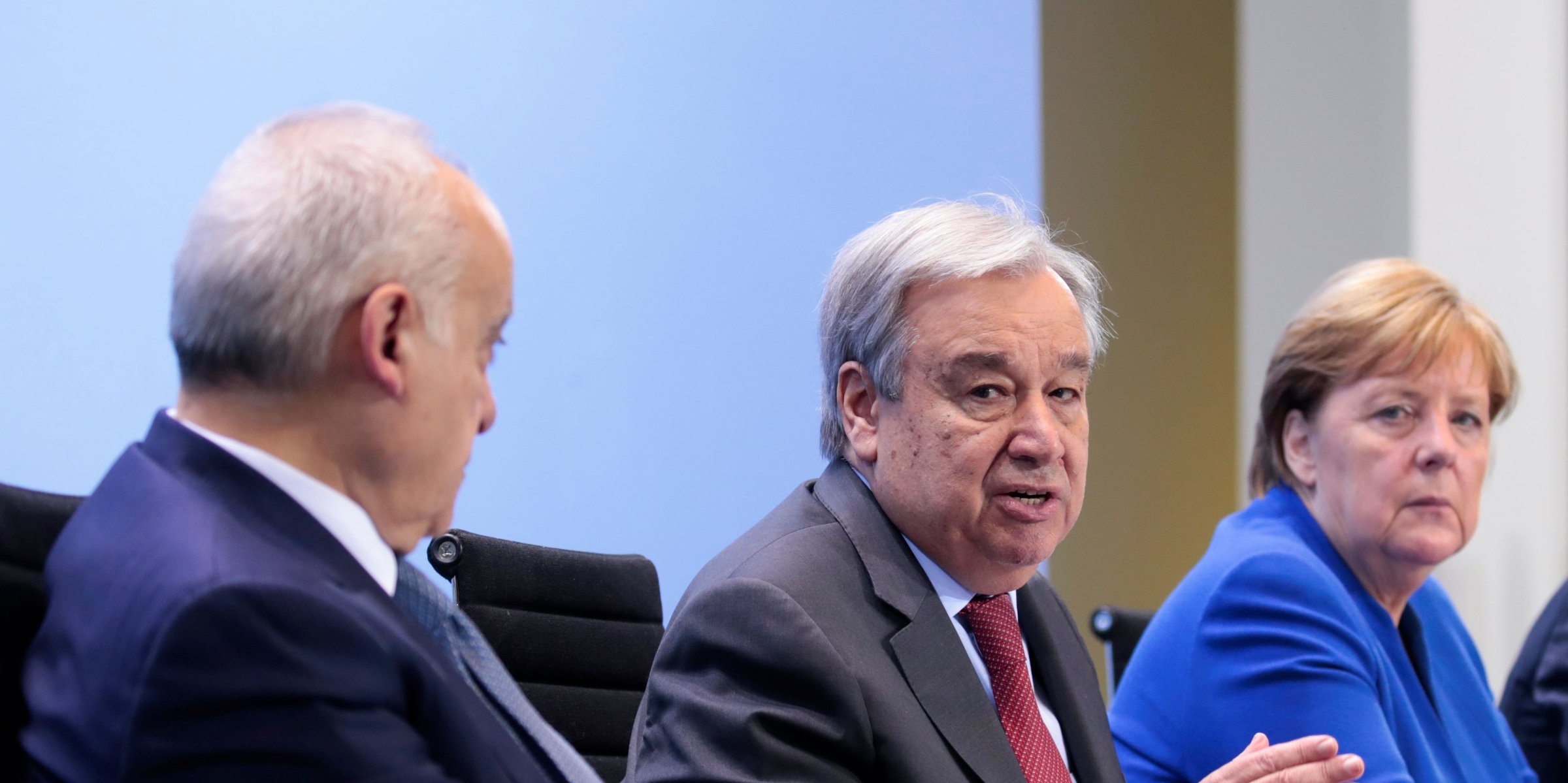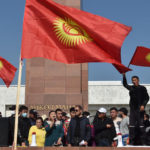Germany’s foreign minister has expressed “cautious optimism” about the prospect of ending Libya’s long-running conflict, encouraged by what he described as a shift to “political logic” after the warring sides in the North African country appeared unable to achieve their aims militarily.
“We believe that there is now a window in which much has become possible that was not possible before. I think we must seize that,” Heiko Maas told a virtual ministerial meeting of 23 countries that was co-hosted by the United Nations and Germany on Monday.
“There are grounds for cautious optimism. We are seeing increasing signs of a rethink from military to political logic.”
A major oil producer, Libya has been mired in chaos since a NATO-backed uprising in 2011 overthrew and killed longtime ruler Muammar Gaddafi.
Since late 2015, the country has been split between two rival administrations: The internationally recognised Government of National Accord (GNA) in the capital, Tripoli, and the House of Representatives (HoR) based in eastern Libya.
With backing from the United Arab Emirates, Russia and Egypt, eastern-based military commander Khalifa Haftar in April 2019 attempted to wrest control of the capital.
His plans, however, collapsed in the face of a Turkish-backed counteroffensive more than a year later, which saw the GNA push Haftar’s self-styled Libyan National Army (LNA) to the central city of Sirte, where the battle lines have since solidified.
Recent weeks have witnessed a scurry of diplomatic activity, with Egypt and Morocco hosting talks that saw GNA and HoR representatives agree on an electoral calendar to organise elections within 18 months and demilitarise Sirte.
In his remarks on Monday, UN Secretary-General Antonio Guterres said he felt encouraged by recent developments, including a lull in fighting and the freezing of confrontations between the two sides.
Monday’s meeting “highlighted the need to seize the opportunity created by the positive developments over the past few weeks to achieve peace and stability in Libya,” Maas and Guterres said in a joint statement.













